
Blog
Insights and updates from the Basis Theory team
Blog
Want Product News & Industry Updates?
Subscribe to the Basis Theory blog to get updates right in your inbox




July 2025 Changelog
“Simpler" 3DS Integration Drastically reduce the time it takes to integrate 3DS for customer-initiated transactions (CIT.) Our new guide walks through how to redirec...
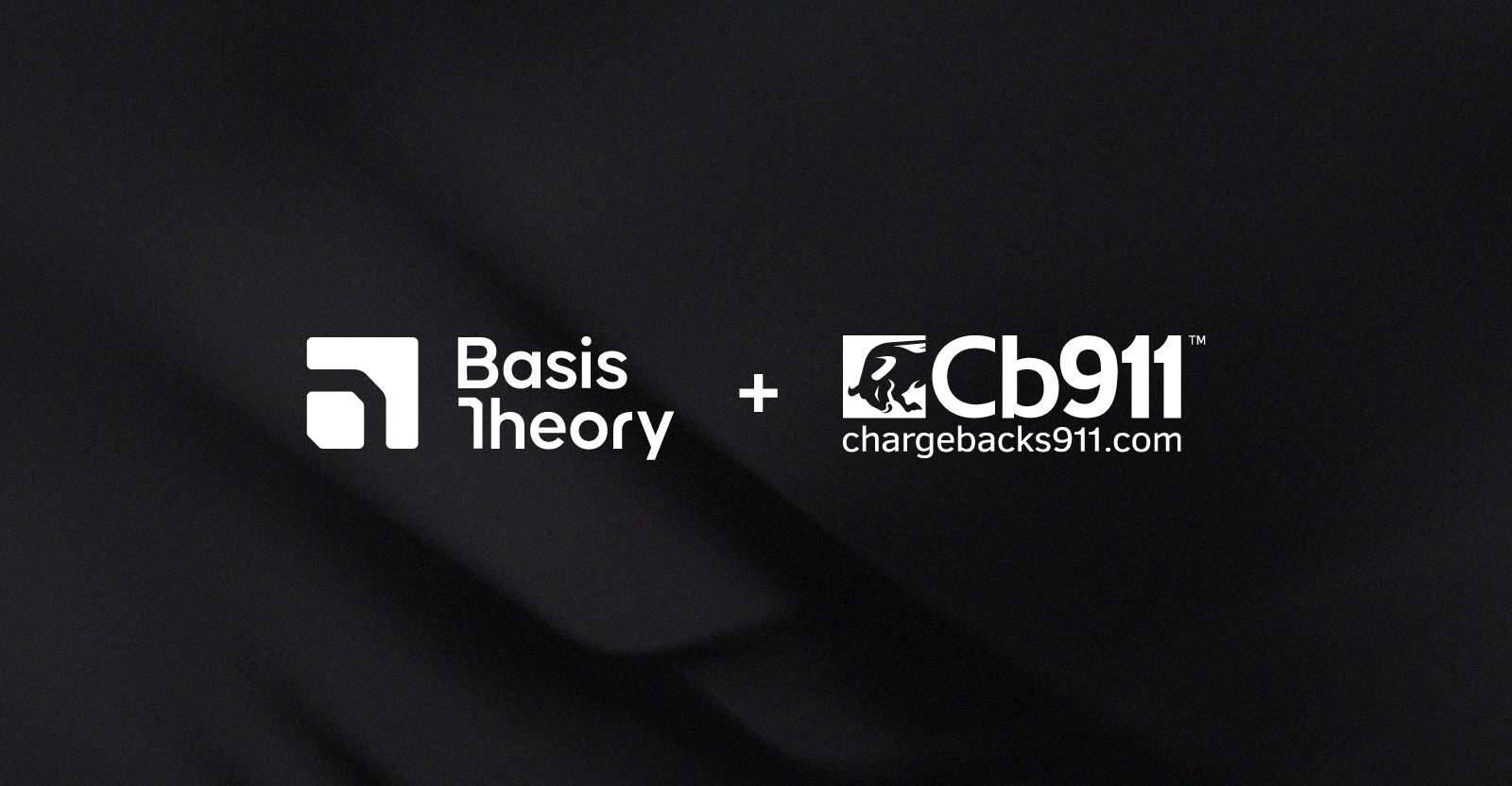



Total Processing Volume (TPV): Why It Matters
Total processing volume (also known as total payment volume, or TPV) is the sum of all payments passed through a specific payment processor over a given period of ti...

Hard vs. Soft Card Declines: What They Are & How to Reduce Them
As magical as the payment process can seem when everything is going according to plan, the fun can come to an abrupt end when the transaction is declined. Given how ...



An Introduction to Token Vaults
Today’s digital landscape can be hazardous for online vendors seeking to provide simple, yet fully secure, payments. Perhaps the trickiest element of securing online...

June Changelog: First Half of 2025 in Review
As we reach the midpoint of 2025, we’re reflecting on the key updates and improvements we’ve made to the Basis Theory platform. Over the first half of the year, we’v...



Switching PSPs, Keeping the Payment Credentials
Merchants, especially online, have no choice but to contract with at least one payment service provider (PSP) to ensure they can execute transactions with credit car...




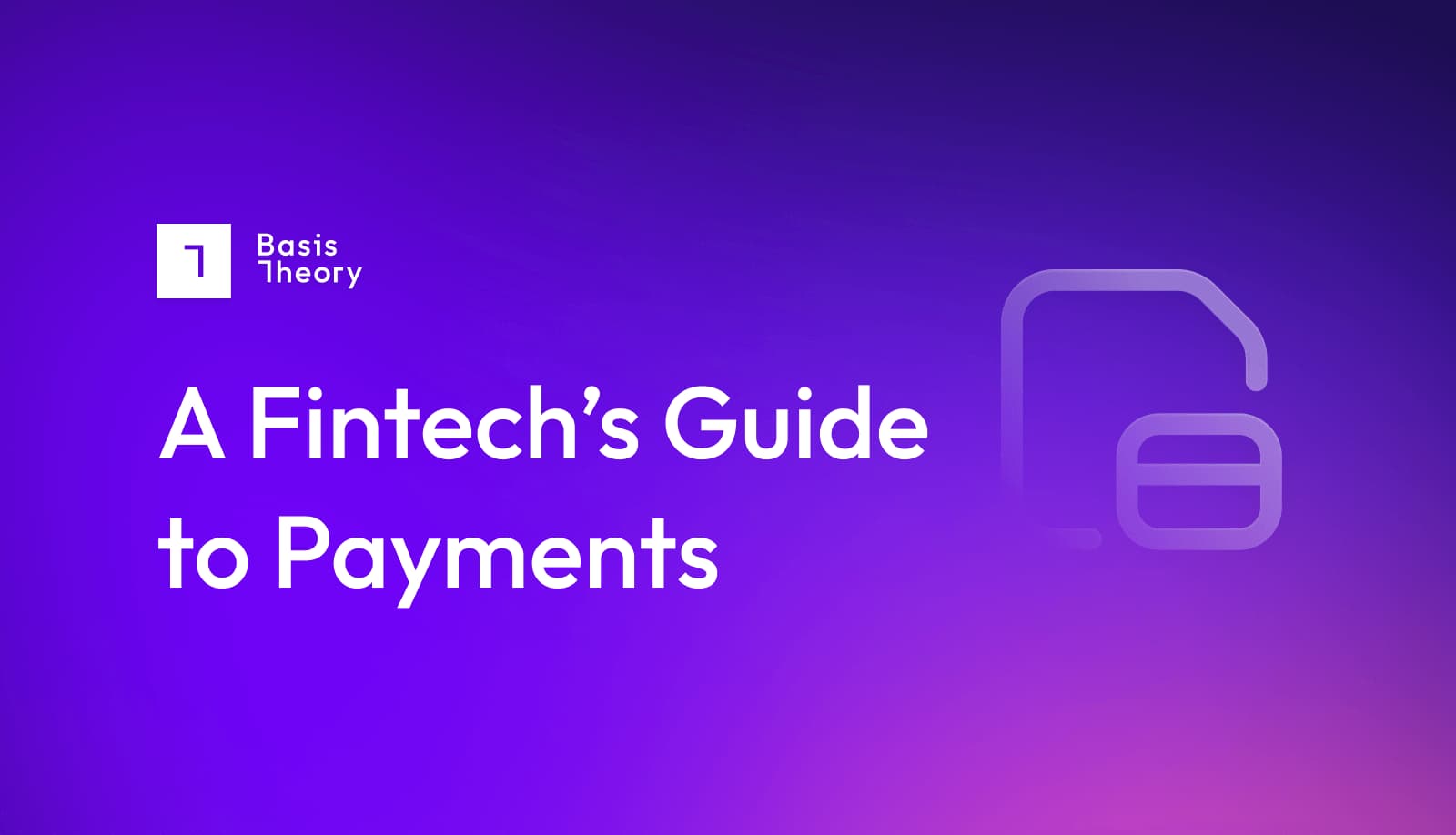



May 2025 Changelog
Apple Pay out of Beta and Now Includes MPANS We have officially launched our Apple Pay endpoints which enable the ability to use Apple Pay with any processor. With t...









April 2025 Changelog
Real Time Account Updater This month we released real-time account updater, which allows you to retrieve updates to a single card token in real time.

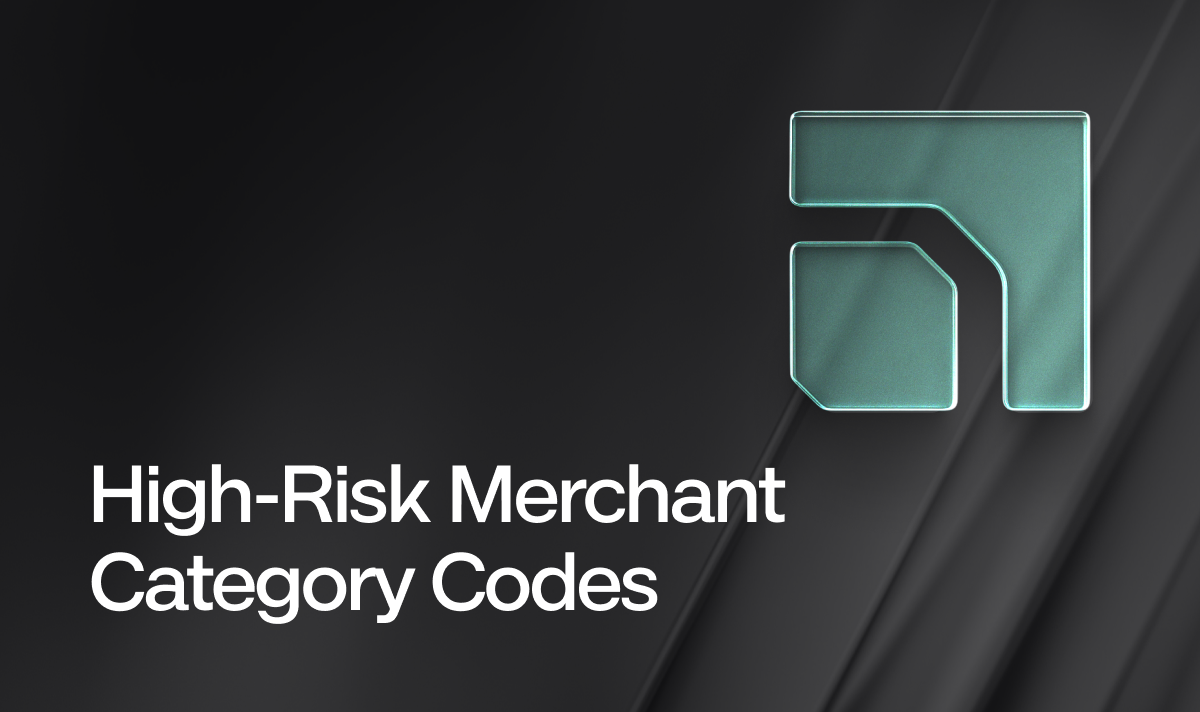
High-Risk Merchant Category Codes (MCCs) and Their Risks
What are Merchant Category Codes? A Merchant Category Code (MCC) is a four-digit number used to categorize merchants based on the merchant’s business activities and ...


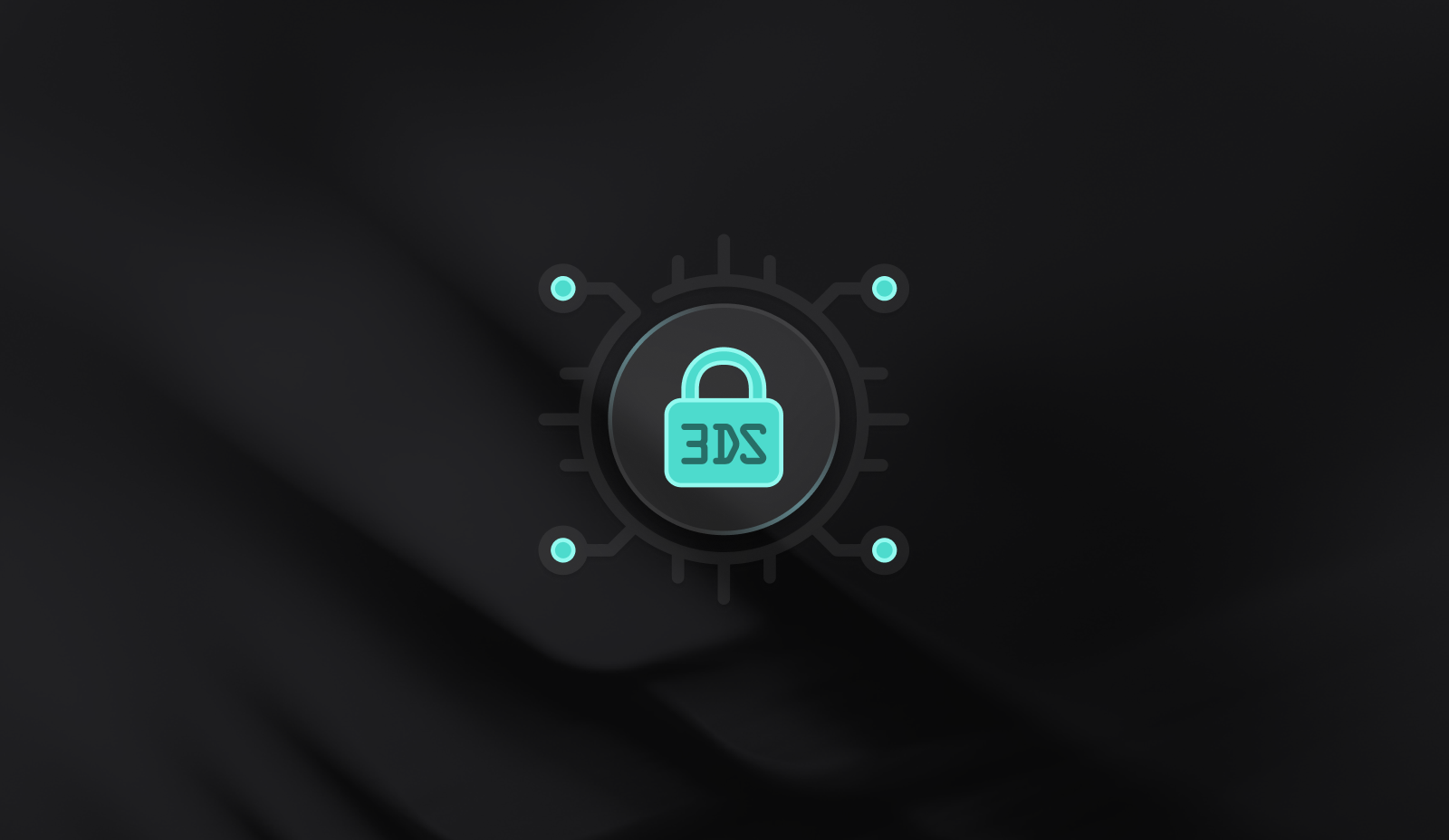

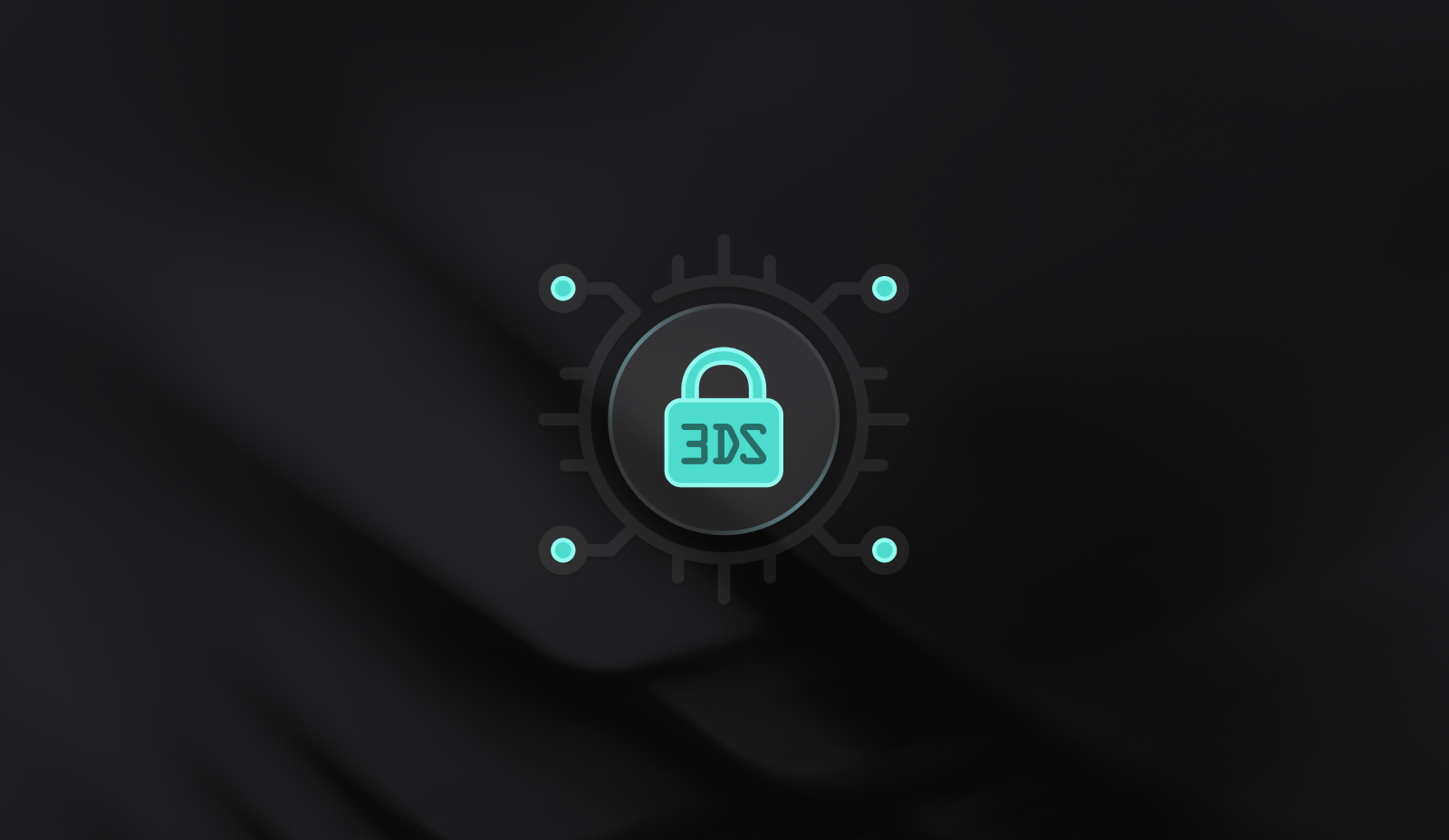

March 2025 Changelog
Apple Pay We’ve improved the process of accepting Apple Pay payments by integrating DPANs directly into Basis Theory. No longer does custom code need to be used to d...



Credit Card Anatomy: Explaining the PAN, BIN, CVV, & Others
Learn the meaning behind the different parts found on a credit card, as well as their function and relevant PCI DSS requirements, with this overview and FAQ.
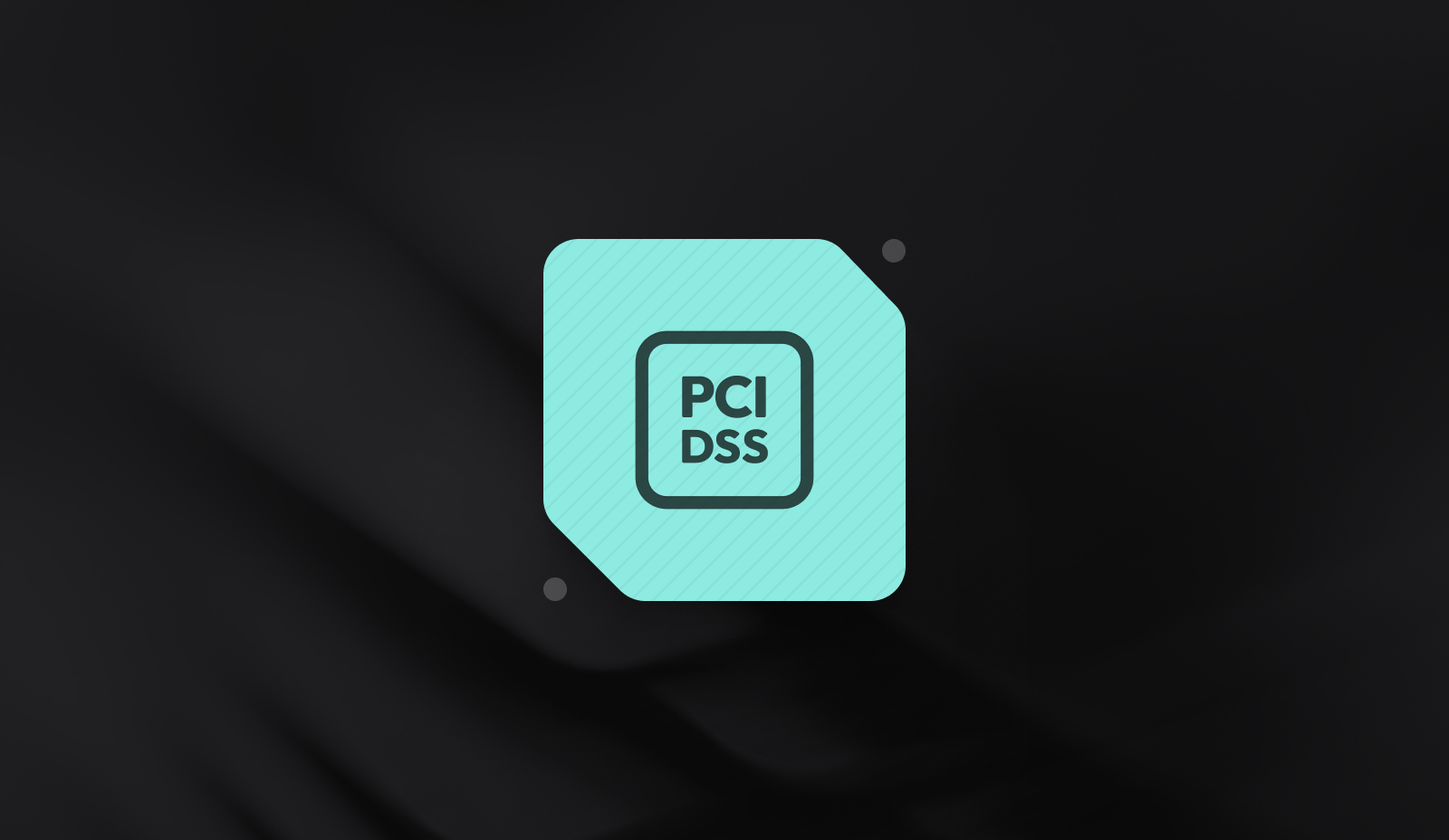




February 2025 Changelog
Google Pay Dedicated Google Pay implementation removes PCI Level 1 Requirement for merchants. This allows merchants to capture the DPAN or FPAN from a Google Pay imp...

.png?width=365&height=122&name=BTLogo%20(1).png)

